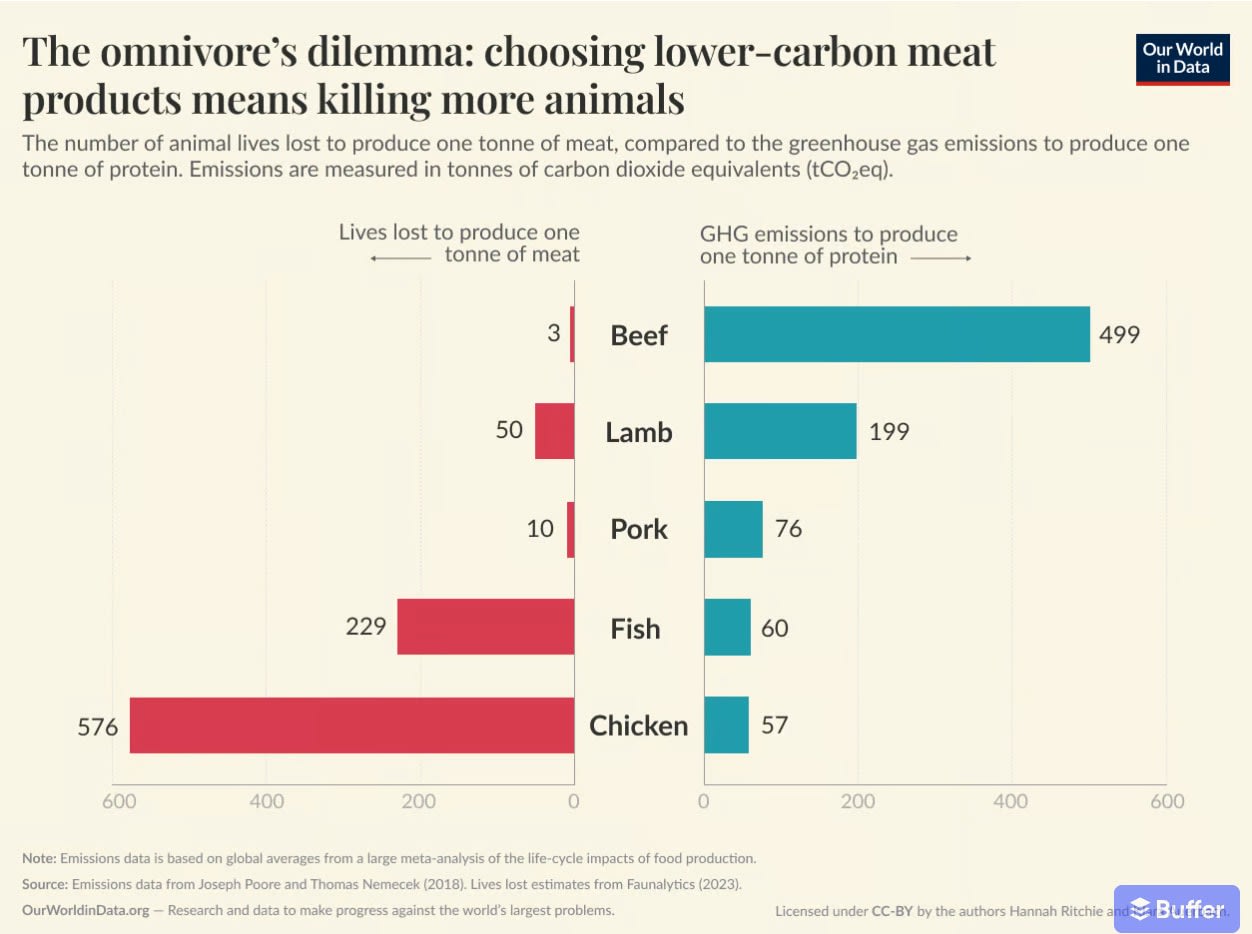TL;DR Having a good research track record is some evidence of good big-picture takes, but it's weak evidence. Strategic thinking is hard, and requires different skills. But people often conflate these skills, leading to excessive deference to researchers in the field, without evidence that that person is good at strategic thinking specifically. I certainly try to have good strategic takes, but it's hard, and you shouldn't assume I succeed!
Introduction
I often find myself giving talks or Q&As about mechanistic interpretability research. But inevitably, I'll get questions about the big picture: "What's the theory of change for interpretability?", "Is this really going to help with alignment?", "Does any of this matter if we can’t ensure all labs take alignment seriously?". And I think people take my answers to these way too seriously.
These are great questions, and I'm happy to try answering them. But I've noticed a bit of a pathology: people seem to assume that because I'm (hopefully!) good at the research, I'm automatically well-qualified to answer these broader strategic questions. I think this is a mistake, a form of undue deference that is both incorrect and unhelpful. I certainly try to have good strategic takes, and I think this makes me better at my job, but this is far from sufficient. Being good at research and being good at high level strategic thinking are just fairly different skillsets!
But isn’t someone being good at research strong evidence they’re also good at strategic thinking? I personally think it’s moderate evidence, but far from sufficient. One key factor is that a very hard part of strategic thinking is the lack of feedback. Your reasoning about confusing long-term factors need to extrapolate from past trends and make analogies from things you do understand better, and it can be quite hard to tell if what you're saying is complete bullshit or not. In an empirical science like mechanistic interpretability, however, you can get a lot more fe



One of the issues that negates growth in the ethical meat market is that it is essentially competing on two fronts. On one front you have people who don't consider the ethics of what they're eating, and on the other end you have people that care so much about animals that they don't eat animals at all.
This means that the market for ethical meat exists in a narrow band between these two groups, and may always struggle to reach critical mass. If, for instance, the ethical market is 10% but 5% of people are vegan, that's half your ethical market gone, meaning you lose many economies of scale, and also you lose an opportunity to grow, because the more concerned people become about animal welfare the more people will also become vegan or vegetarian, in one door, out the other. I'm not suggesting of course that vegans should eat meat in order to bolster the market, just that it's a tricky issue for this reason.
I think the video does a good job of trying to broaden that narrow band, by focusing on animal welfare rather than the body-count of animals. This might be a good approach. I can almost imagine a world where everyone is vegan, but I can much more easily imagine a world where 10% of people are vegan, but where 100% of the meat is ethically grown, which would be an immeasurably better situation than the one we have at present (until of course we consider the environmental impacts). So, although it's a tricky issue, it's worth pursuing.
Perhaps there are many in EA. My prior guess would be that many mainstream vegans feel disgust towards animal flesh itself. I know anecdotally that’s how I felt. Motivated as much by considerations of the sacred and the profane and sentiment as anything else. Already empathetic as a person, I was therefore prone to reactions like that.
This is on top of the marketing nightmare of getting people to accept “unnatural, lab-grown meat.” It reminds me of anti-nuclear environmentalist campaigners. And conservationists, motivated by a pristine wilderness that never existed. Sometimes, it is not a rational thing. Emotions and symbols drive things.